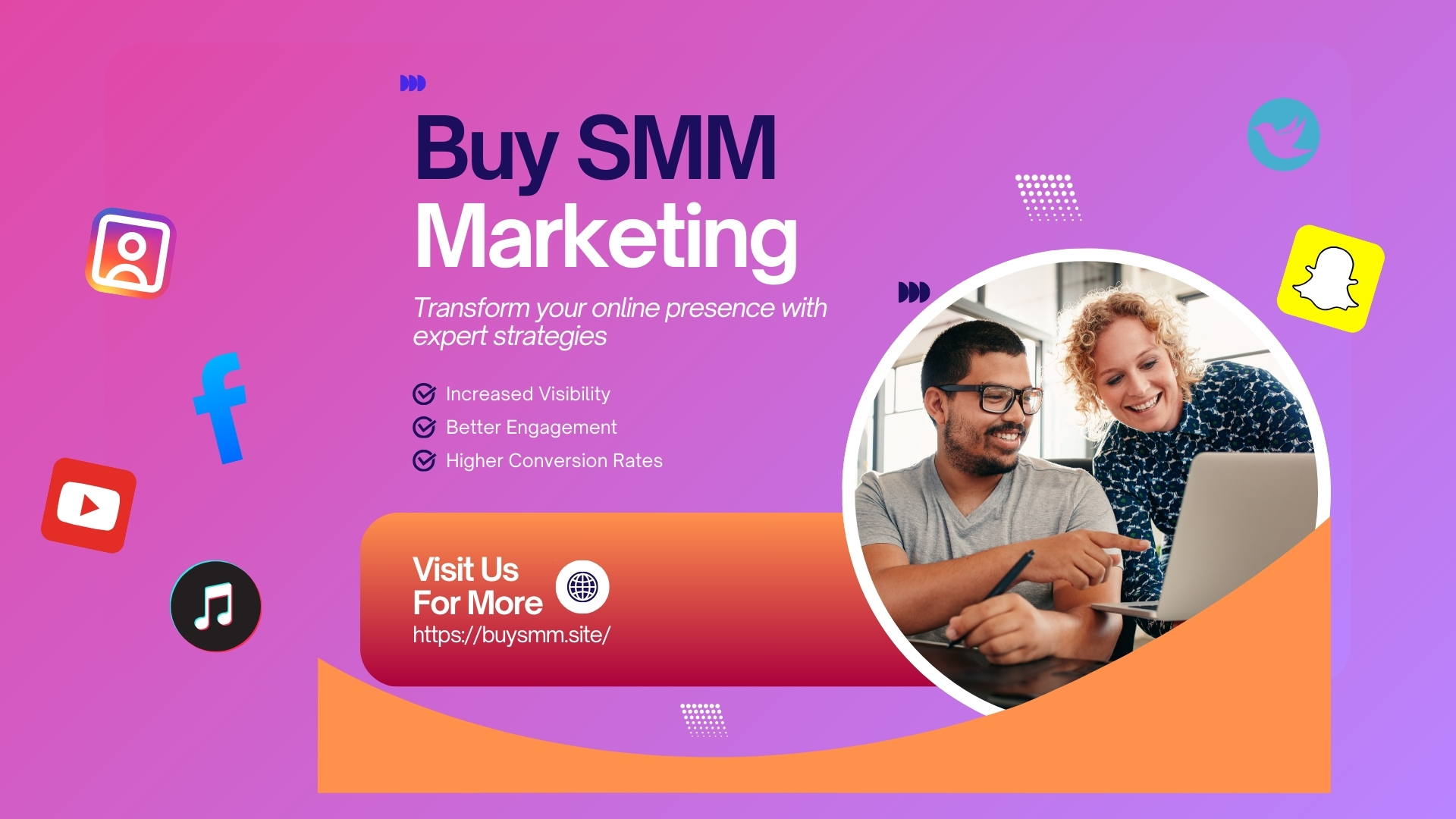Facebook Likes have long been a central feature of the social media platform, acting as a measure of engagement and a way to express approval or enjoyment of content. When users click the “Like” button on a post, comment, or page, they are publicly showing their appreciation for the content in a simple, non-verbal way. Over time, Facebook Likes have evolved from a mere feature to a significant metric that influences user behavior, content distribution, and business strategies.
1. The Role of Facebook Likes in Social Interactions
At the heart of Facebook Likes lies the idea of social interaction. When someone likes a post, it is not only an acknowledgment of the content but also a way to communicate approval to friends and followers. This creates a ripple effect where others may see the content as well and may also choose to like or share it, leading to further visibility and engagement.
For individual users, Facebook Likes are a quick way to interact with content without having to leave a comment. They allow users to express themselves without needing to type lengthy responses. The act of liking something is often automatic—it is an instinctive reaction to content that resonates, making it a low-effort yet impactful form of interaction.
2. The Impact of Likes on Content Visibility
Facebook’s algorithm heavily relies on engagement metrics such as Likes to determine which content appears in a user’s news feed. The more Likes a post receives, the more likely it is to be shown to others. This means that posts that gain significant engagement from users can spread quickly and widely, creating viral content.
For businesses and content creators, understanding the impact of Likes is essential in crafting strategies to boost visibility. For example, businesses may encourage users to engage with posts by asking questions, running contests, or offering incentives. Additionally, the number of Likes a post receives can influence its ranking in search results or news feeds, making it easier for users to find content that is popular or engaging.
3. Facebook Likes and Businesses
For businesses, Facebook Likes represent a valuable opportunity for brand promotion and customer engagement. When a customer likes a company’s page, they are not only endorsing the business but also opting in to receive updates, promotions, and content directly from that business. In essence, each Like is an expression of interest, and businesses can leverage this to tailor content, advertise products, or gather insights into customer preferences.
Facebook Likes also serve as a form of social proof. People are more likely to trust businesses or products that have a higher number of Likes, as it suggests popularity or credibility. For this reason, businesses often invest in campaigns to increase the number of Likes on their pages or posts, either through organic means or paid advertisements.
4. The Psychological Impact of Facebook Likes
For individual users, the number of Likes they receive can have a psychological effect. Research has shown that receiving Likes can boost self-esteem and give users a sense of validation. This is particularly true for content creators or influencers who derive a significant portion of their identity and success from online engagement. However, there is also a growing concern about the negative effects of seeking validation through Likes, leading to issues such as anxiety, addiction, and social comparison.
On the other hand, the desire for Likes can motivate individuals to post more frequently, share personal experiences, or create content that aligns with popular trends. This behavior contributes to the constantly evolving nature of social media, where trends and viral content can shift rapidly based on what is receiving the most engagement.
5. The Evolution of Facebook Likes
Facebook has begun to test new ways to reshape the Like feature, particularly by introducing reactions such as “Love,” “Haha,” “Wow,” “Sad,” and “Angry.” These changes provide users with more nuanced ways to express their feelings, moving beyond the simple Like to cater to a wider range of emotional responses. This shift also allows businesses and content creators to gauge audience sentiment more effectively.
Facebook has also experimented with removing the public display of Likes in some regions, with the aim of reducing pressure on users to amass a large number of likes and promoting content that resonates with people on a deeper level rather than on the surface. This move is an attempt to address the growing concerns around the mental health implications of the Like economy.
Conclusion
Facebook Likes have become an integral part of social media culture, influencing everything from individual self-expression to business strategies. While they provide an easy way for users to engage with content, the true impact of Likes is felt in how they shape online visibility, user behavior, and business growth. As Facebook continues to evolve, the role of Likes may change, but their influence on social media dynamics will undoubtedly remain significant.
